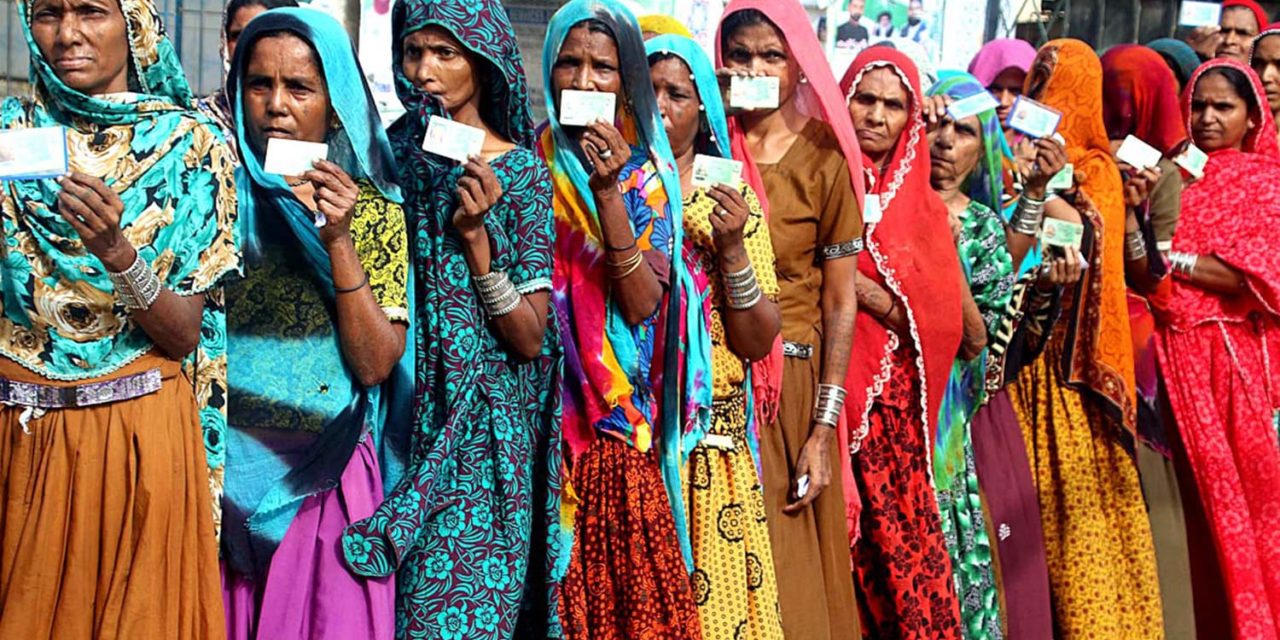Low women voters’ turnout to cost a seat?
Election Act-2017 introduced two significant reforms to increase women political participation.
First:
One of the significant features of Election-2018 was to award of 5 percent general seat tickets to women. Many political parties obliged. Those who failed were never penalized as they law stipulates only denial of election symbol to non-complying party. The symbols were allotted before the finalization of the candidates.
Nevertheless eight (8) women won general seat in the National assembly of Pakistan. They are; Zartaj Gul (Punjab-PTI), Ghulam Bibi (Punjab-PTI), Mehnaz Akber (Punjab-PML-N), Zubaida Jalal (Balochistan-BAP), Dr. Fehmida Mirza (Sindh-GDA), Dr. Nafisa Shah (Sindh-PPP), Shazia Marri (Sindh-PPP) and Shamsun Nisa (Sindh-PPP). There are 60 reserved seats for women in the National Assembly of Pakistan and there is a history of women winning some of the 10-seats reserved for non-Muslims in the National Assembly of Pakistan.
In provincial assemblies as well eight (8) women won direct seats, they include; Jugnu Mohsin (Independent), Hameeda (Punjab-PML-N), Naghma Mushtaq (Punjab-PML-N), Saleem Bibi (Punjab-PTI), Ashfa Riaz (Punjab-PTI), Sonia Shah (Punjab-PTI), Faryal Talpur (Sindh-PPP) and Azra Fazal (Sindh-PPP). There are 11 reserved seats for women and 3 seats reserved for non-Muslims in provincial assembly of Balochistan, 22 reserved seats for women and 3 seats reserved for non-Muslims in provincial assembly of Khyber Pakhtunkhwa, 66 reserved seats for women and 8 seats reserved for non-Muslims in provincial assembly of Punjab, and 29 reserved seats for women and 9 seats reserved for non-Muslims in provincial assembly of Sindh. There are no reserved seats for women and minorities in erstwhile FATA and the federal capital-Islamabad.
Second:
The Election Act-2017 declared to nullify the results of a constituency if the women voter turnout was less than 10 percent. Although there is a gender gap in voters registration and they are less than 12 percent of the registered male voters. In Election-2018 millions of women voted but their percentage remained less than male voters. The Election Commission of Pakistan has for first time released gender segregated voter’s turn out data. Only one constituency (PK-23-Shangla) of the provincial assembly of Khyber Pakhtunkhwa has figured on radar where the women voters turnout was less than the required 10 percent.
Case study: The victory notification of Pakistan Tehreek-e-Insaf candidate Shaukat Ali has been halted due to a low turnout of women voters in PK-23 (Shangla). The Election Commission of Pakistan withheld the notification of Shangla constituency hours before it was due to issue a notification of all the candidates who were elected in the polls. A five-member bench, headed by the chief election commissioner, held the hearing.
Less than 10 per cent women voters turned out to vote for the provincial seat of PK-23. No one from the petitioner’s side or the winner’s side appeared for the hearing. The election commission ordered to withhold the notification and sought a reply from the concerned authorities. Only 3,500 out of 86,698 women cast votes in the constituency while the number of male voters was 66,000 out of 1,14,000 men resulting in a 34 per cent total turnout.


